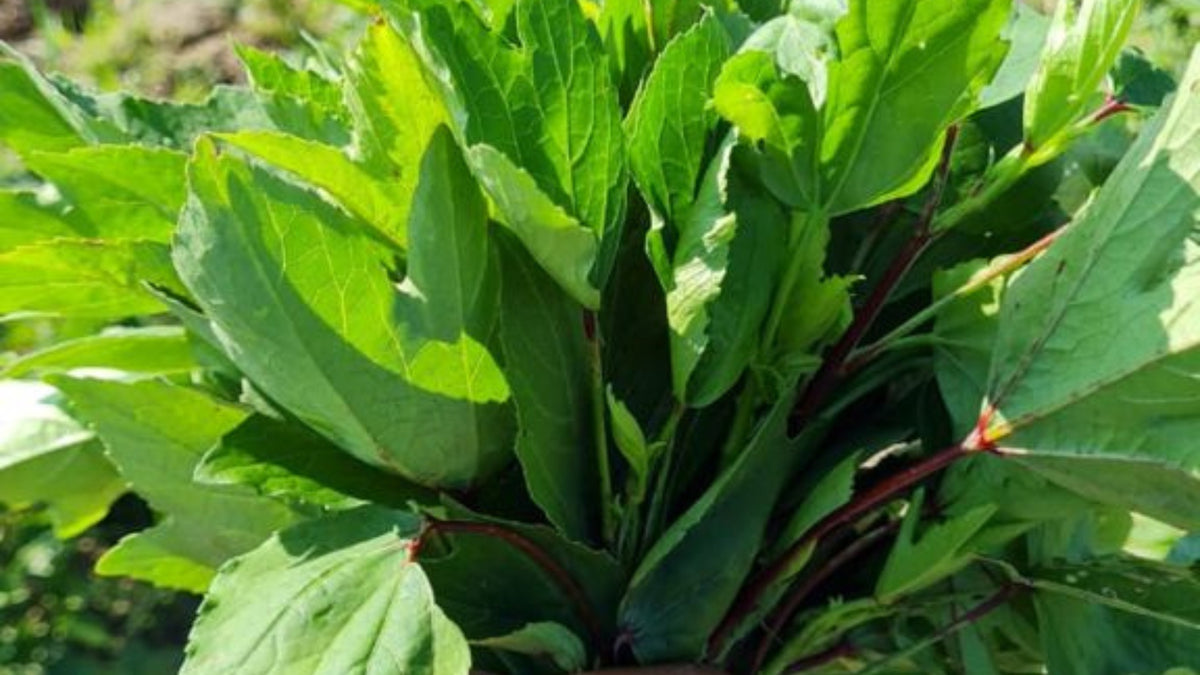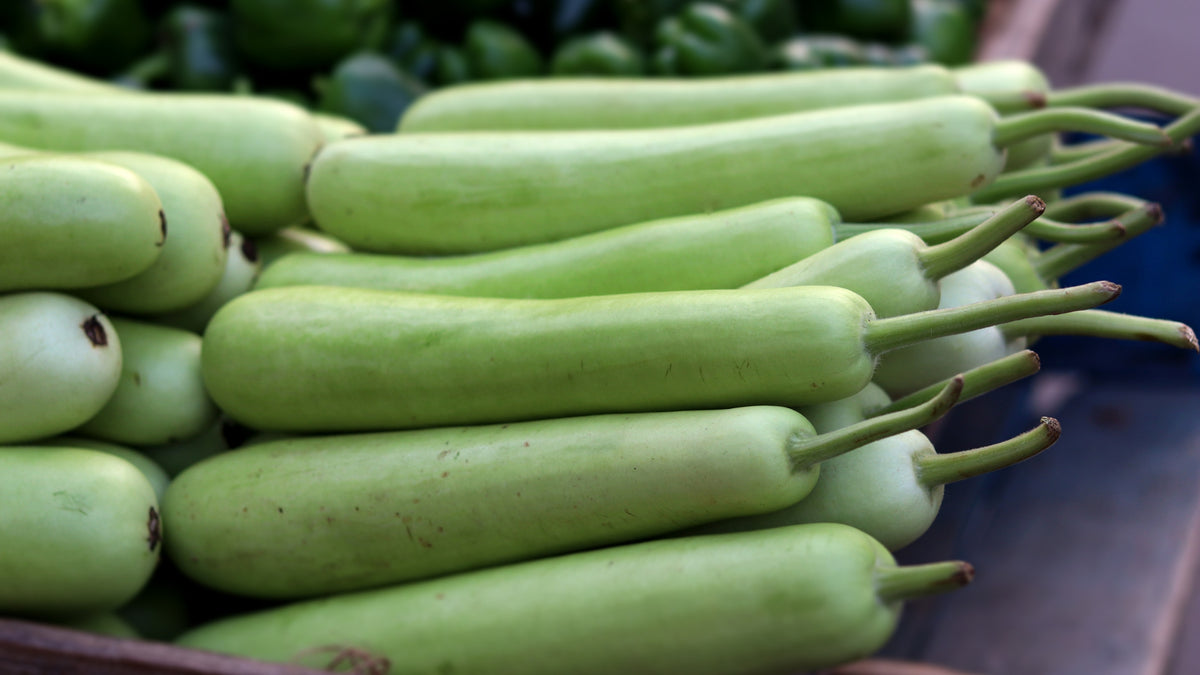
Beyond Beauty With Kunkumadi Oil

Kunkumadi Oil is a famous Ayurvedic oil that helps improve the beauty and luster of skin. The oil is like a serum and can be used as a facial moisturizer that is suitable for most skin types, especially dry blemished skin. Skin serves as a protective cover that protects us from the environment but is also prone to many skin disorders.
The herbal formulation of Kunkumadi was first mentioned in the classical Ayurvedic text Ashtangahridayam and later with greater detail in the Bhaisajya Ratnavali 60/66-78. The classical application is abhyanga for both face and body to improve the radiance of skin and help heal minor skin disorders.
Kunkumadi Oil is made from a special blend of flowers, fruits, goat’s milk and sesame oil that are wholesome and nourishing for the skin. The classical formula Kunkumadi is designed to help lighten and even out skin tone, and reduce imperfections like fine lines, dark circles, blemishes, and scars.
Saffron the Key Ingredient
The main herb used in the kashaya preparation of Kunkumadi Oil is kunkuma (saffron). Arya Vaidya Sala (AVS) sources a high quality saffron from Kashmir. AVS tests for high quality saffron using a spectrophotometer in their quality control laboratory which is accredited by the department of AYUSH. The dry powdered kunkuma or saffron is added at the very end of the process and only after the base oil is completely cooled to preserve its delicate qualities. The finished Kunkumadi Oil is quality checked by AVS’s senior Vaidya’s for it’s organoleptic (sensory) properties to ensure the highest quality.
The Ayurvedic qualities (gunas) of Kunkuma are katu (pungent), tikta (bitter), and snigha (oily), and have an ushna virya (hot potency) and katu vipaka (pungent post digestive effect). The properties of Kunkumadi Oil are heating and those with sensitive reactive pitta type skin should proceed with caution as it may further aggravate an already aggravated pitta dosha.
AVS Uses High Quality Ingredients
- Tailam (Sesamum indicum) also known as sesame oil. It contains antioxidants that nourish the skin, improve complexion, and help heal minor skin disorders.
- Kunkuma (Crocus sativus) also known as saffron has antioxidant, antibacterial, anti-inflammatory, and anti-hyperpigmentation properties that help improve the skin. It’s chemical composition offers moisture, nourishment, protein, fat, calcium, phosphorus, potassium, sodium, zinc and manganese, fiber, and carbohydrates.
- Usira (Vetiveria zizaniodes) also known as Vetiver which helps moisturize the skin and delays the aging process by boosting new cell growth.
- Chandana (Santalum album) also known as Sandalwood offers cooling and nourishing properties that help reduce dryness. It’s properties are anti-inflammatory, anti-microbial, and inhibit undesirable cell growth.
- Laksha (Laccifer lacca) also known as Lac offers anti-inflammatory properties that help improve complexion.
- Yashtimadhu (Glycyrrhiza glabra) also known as Licorice it offers phytochemicals that soothe and nourish the skin. It has anti-inflammatory, antioxidant, and anti-hyperpigmentation properties.
- Nyagrodha (Ficus benghalensisco) is also known as Banyan Tree and has anti-pruritic and anti-inflammatory properties that improve complexion and heal skin disorders.
- Padmaka (Prunus cerasoides) is also known as Himalayan Cherry and has anti-pruritic and anti-melanogenesis properties that improve complexion and heal skin disorders.
- Padmakesara (Nelumbo vaginalis) is also known as Lotus and contains antioxidants, flavonoids, vitamins, and polyphenols that offer a cooling effect that helps improve complexion and prevent skin disorders.
- Nilolpala (Monochoria vaginalis) also known as Monochoria which offers a soothing and cooling effect that improves complexion.
- Manjishtha (Rubia cordifolia) is also known as Indian Madder which offers anti-bacterial, ant-microbial, and anti-pruritic properties that protect and enhance complexion.
- Patanga (Caesalpinia sappan) is also known as Sappan Wood and is useful for skin allergies that cause itch rashes and swelling.
- Ajakshira (Goat’s milk) is moisturizing and nourishing and contains fatty acids, probiotics, vitamin A, and lactic acid that help improve skin health.

Healing Benefits of Kunkumadi Oil
Kunkumadi Oil supports the epidermal inflammatory response which helps lighten and even out the skin color. The oil offers antioxidant, anti- inflammatory, and anti-hyperpigmentation properties which work together to reduce the release of melanin pigment. For more information, read Arya Vaidya Sala’s website.
- Brightens the luster of facial skin
- Heals acne, pimples, and scars
- Lightens and evens out skin color
- Has anti-aging properties
- Reduces damage caused by the sun
- A thin layer may be used as a mild facial sunscreen
How to Apply Kunkumadi Oil
- Take 2 – 3 drops into the palm of your hand and using your fingertips apply a light coat evenly all over the face.
- Gently massage with your fingertips
- Leave on for 10 – 20 minutes and wash off with gentle cleanser and warm water
- If applying a thin coat, it may be left on overnight
AYURVEDIC CONSULTATION
Kottakkal is committed to offering the highest quality Ayurvedic Healthcare. We offer two ways to have an Ayurvedic consultation. 1. Free 15-minute Consultation with our Ayurvedic practitioner, Julie Wardwell for when you need a product recommendation for a basic health problem. 2. In-depth Consultation with our Ayurvedic doctor, Vaidya Vishwanath Guddadar for when your condition is chronic with multiple symptoms.
Disclaimer: These statements have not been evaluated by the Food and Drug Administration. Kottakkal Ayurveda products and information are not intended for use in the diagnosis, treatment, cure, or prevention of any disease. If you have serious, acute, or chronic health problems, please consult a trained health professional. If you are seeking the advice of a trained Ayurvedic professional, call (800) 215-9934 or email us at contact@kottakkal.shop. We will provide you with information to consult with Ayurvedic professionals. Always check with your doctor before taking herbs when pregnant or nursing.
Also in Healing with Kottakkal Ayurveda

Food is Medicine - Organic Gongura Leaf
Gongura, often referred to as Indian sorrel, is a leafy green vegetable packed with an array of health benefits. This vibrant green is a treasure trove of essential vitamins, minerals, and antioxidants.

Food Is Medicine - Organic Bottle Gourd

Boosting Energy and Rejuvenation with Narasimha Rasayana
Narasimha Rasayanam is an herbal jam formulated with base ingredients of butter, honey, and milk. This time-tested remedy is believed to promote balance within the body's three doshas, vata, pitta, and kapha and supports a range of health concerns. From supporting physical strength and hair health to promoting rejuvenation and cognitive function, Narasimha Rasayanam offers a multifaceted approach to well-being.


Kottakkal Support